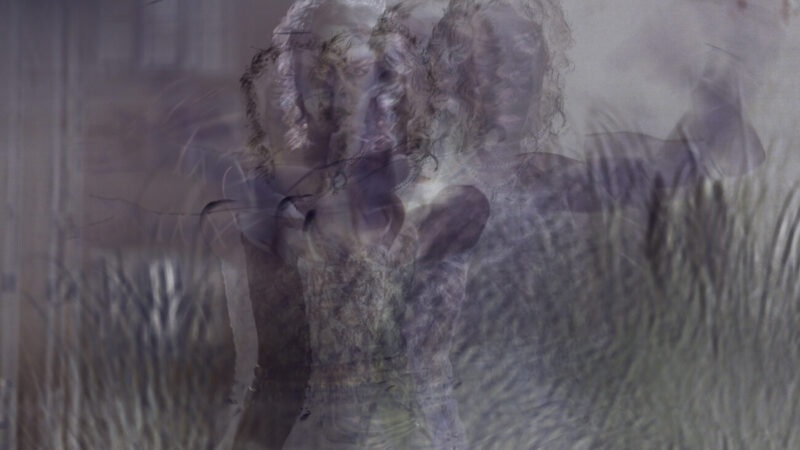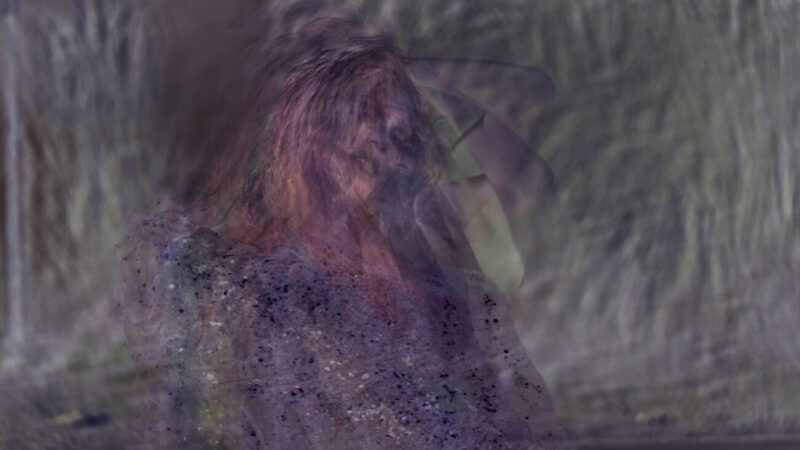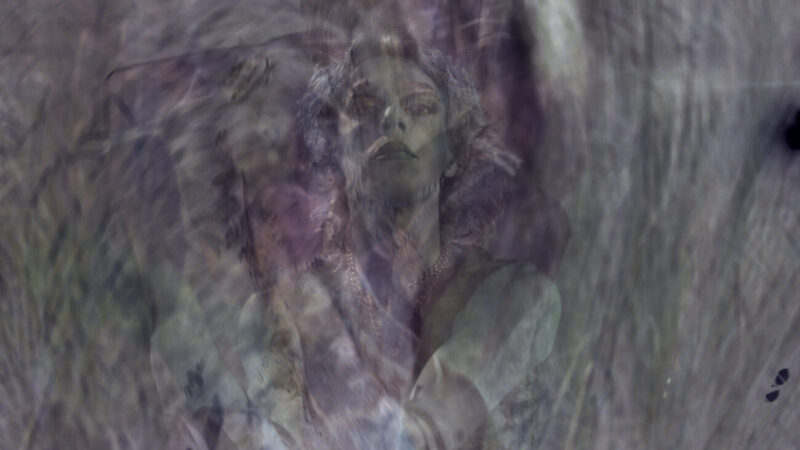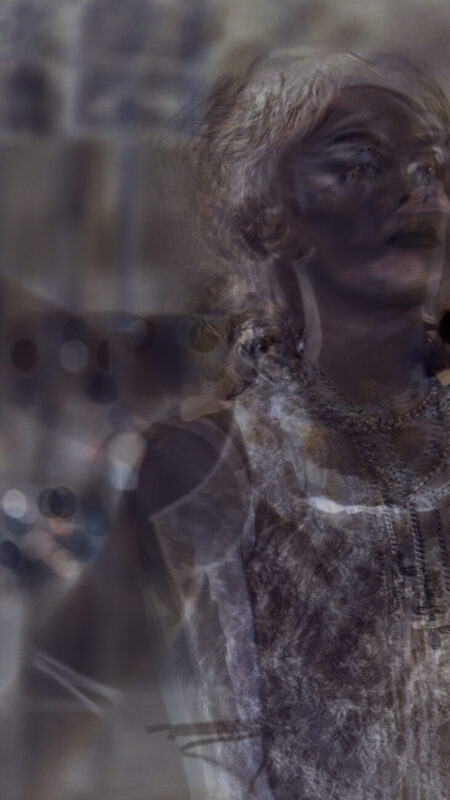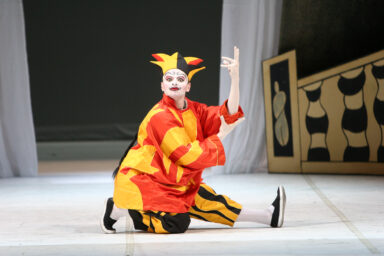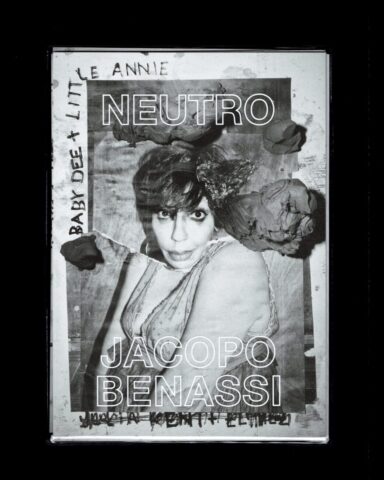The temporary exhibition Ends by Daniele Costa at Neutro, Reggio Emilia
Daniele Costa’s exhibition Ends (until April 22nd) at Reggio Emilia originates from the video work of the same name presented by the artist last November at the 18th edition of ArtVerona, on the occasion of NEUTRO’s participation in the LAB section. After questioning the concept of performance with the video dedicated to the encounter-clash between Trape and Trysha, two queer performers of the Milanese scene, Daniele Costa stresses the limits of the photographic medium.
Seven static images, reveal the fleeting transformativity of the human being. The blocked movement of voguing, the contracted movement taken up by Duchamp, and articulated movement co-exist in the frames that transform the previous video performance into a seven-act ballet along NEUTRO’s bulletin boards.
The images that make up the visual installation are graphic remodulations, superimposed and layered, of the original video frames from a Ball training-event belonging to the queer ballroom subculture, in which each identity is free to display its skills and enthusiasms within a fictitious competition mechanism. The format of the work, departing from its videographic root, suggests a dilated temporal and visual fruition, emphasizing the constant metavisual process of reworking the image; a metaphor that Daniele Costa uses to include, in an intersectional logic, discourses related to the linguistic, visual and political representation of multiple forms of subjectivity. Within the series of prints, the succession of gestures highlights how the dermal and morphological boundary of the two protagonists becomes porous, liquid and interconnected with their surroundings, disrupting any possible identification by the viewer himself. Ends in this perspective is a delicate and fluid breakdown of categories as conventional forms of representation. The body, gesture and language, shatter into the pieces of a mosaic. The margins of society become the center and, the manifestation of possible new forms of identity, cultural and sociological expression become indispensable conditions for the linguistic and bodily conformity of contemporary political debate. Like a dialogue, a manifesto or a burning coal, Ends silently confronts us with the necessity-essential to Costa’s creative process-of a constant rewriting and deconstruction of the bodies we inhabit.
